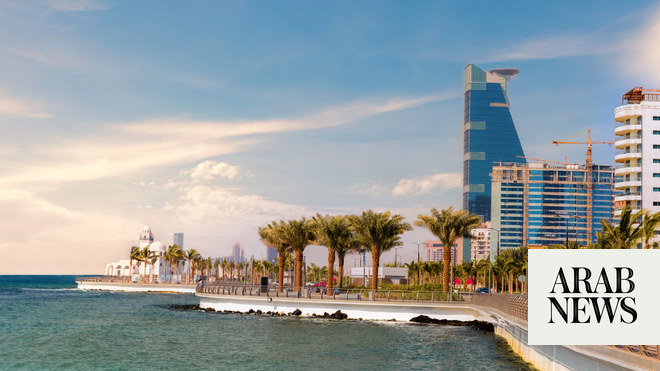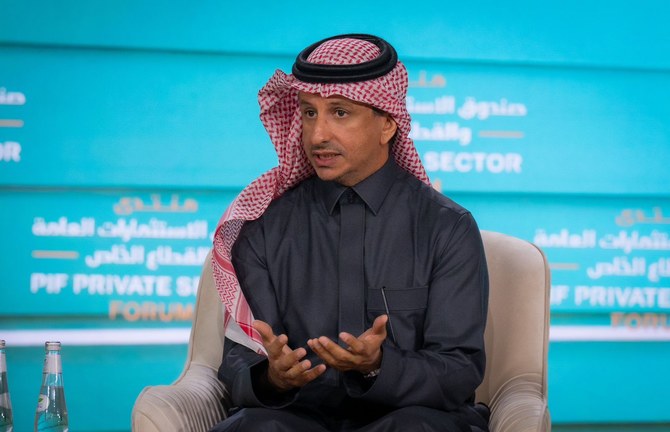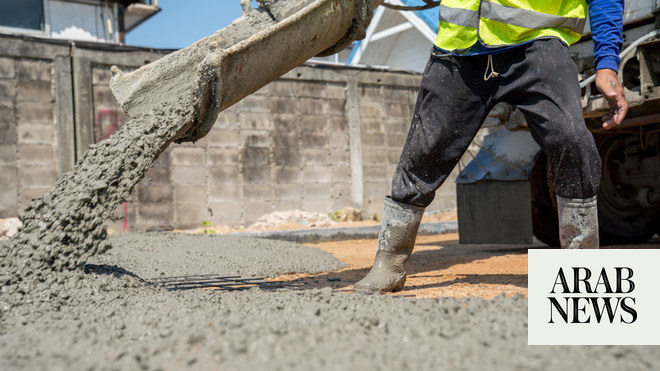
RIYADH: Saudi Arabia is gearing up to expand its hospitality sector by developing 320,000 new hotel rooms by 2030, according to an analysis by global property giant Knight Frank.
The consultancy’s study disclosed that as much as 67 percent of the planned hotel room supply in the Kingdom would fall in the “upscale” or “luxury” categories, referring to 4-star and 5-star accommodations, respectively.
This move aims to cater to the projected surge in tourism, with 150 million domestic and international tourists expected by 2030.
“With a target of welcoming 150 million visitors by 2030 — a 50 percent increase from its previous goal — the government is actively exploring various strategies to attract to international travelers,” Partner and Head of Hospitality at Tourism and Leisure Advisory in Middle East and Africa Turab Saleem said.
Saleem noted that this includes the development of cultural and entertainment offerings nationwide, which complement existing attractions like the Jeddah F1 Grand Prix and numerous entertainment seasons.
“Noteworthy additions include theme parks such as Boulevard World in Riyadh, alongside the licensing of 24 additional theme parks by the Saudi General Entertainment Authority over the past year,” he added.
The consultancy’s analysis further revealed that Accor Hotel Group will slip from first to second largest hotel room operator in the country with an estimated 25,400 keys under management by 2030.
Meanwhile, Marriott International will likely emerge as the most prominent hotel operator in the Kingdom, with around 26,200 hotel keys under management by 2030, Knight Frank disclosed.
Furthermore, Riyadh’s winning bid to host the 2030 World Expo is projected to pump a significant economic boost of $94.6 billion into the nation’s capital, with an estimated 40 million visitors expected during the six-month-long exhibition.
Consequently, this underscores the need to provide adequate accommodation for hotel staff. According to the World Trade Organization, 4-5-star hotels, on average, require 1 to 2 staff per room.
Accordingly, this suggests somewhere between 232,000 and 387,000 key workers could require accommodation in this segment of the Kingdom’s hospitality market.
“Notwithstanding that worker-to-room ratios in Saudi can sometimes be lower than global averages, the provision of key worker accommodation for the hospitality sector will be essential ensure its future success,” Partner and Head of Research in the Middle East and North Africa Faisal Durrani said.
“Not only does accommodation of this type help to mitigate against staff attraction and retention issues, but it also creates investment grade assets,” Durrani added.
By the end of 2023, Saudi Arabia welcomed almost 100 million domestic and international tourists, with the tourism and hospitality sector contributing to nearly 6 percent of the country’s gross domestic product.
This indicates that the sector is well on track to achieving the government’s 10 percent target by the decade’s end.












